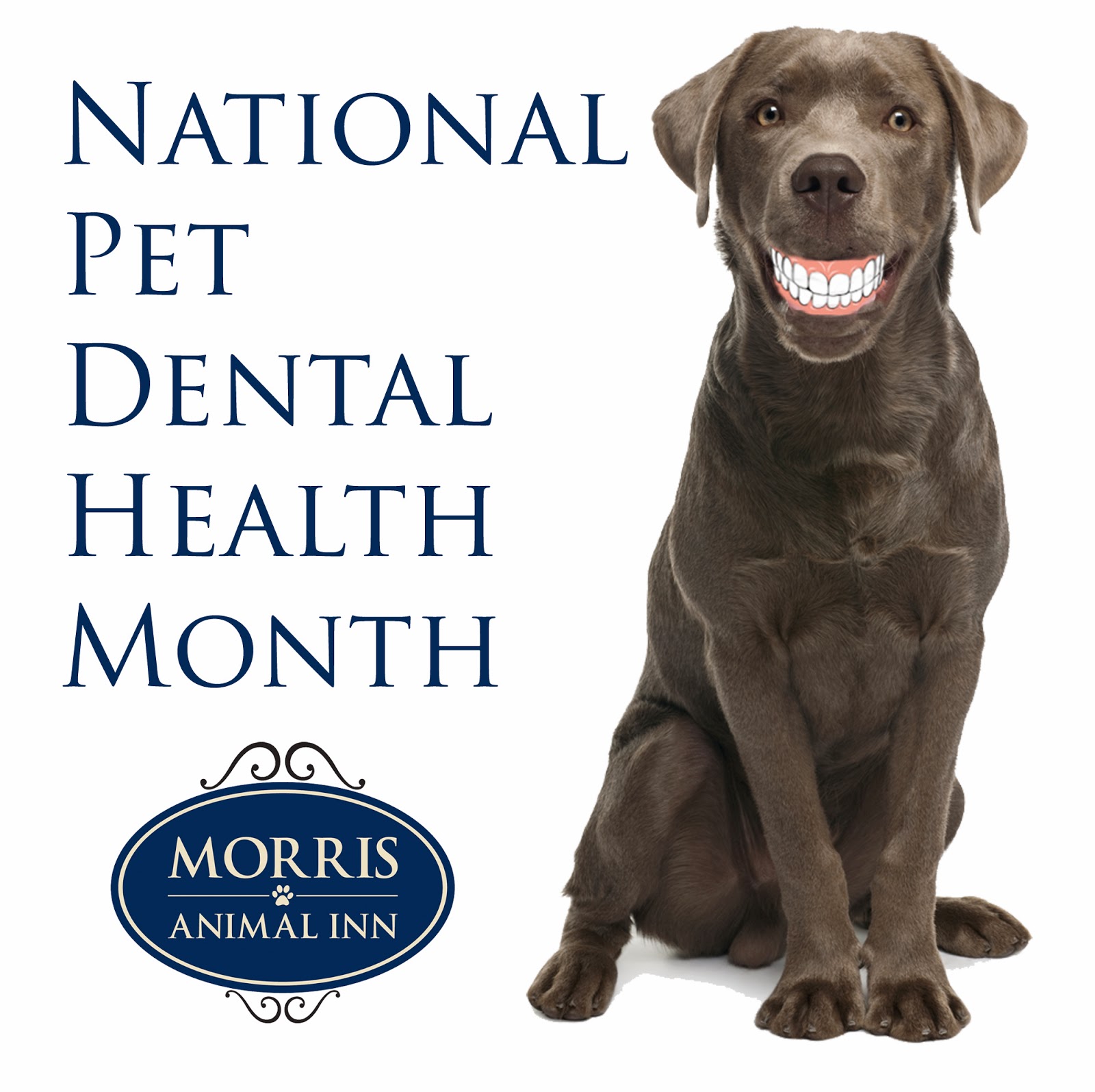February is National Pet Dental Health Month, an entire month dedicated to your pet's teeth! As a pet parent you are probably most familiar with dental chews and teeth brushing as a way to care for your pet's mouth, but what about everyday foods that can help improve your pet's health? We've compiled a list from Animal Wellness Magazine of 11 foods and supplements that can help support healthy teeth and gums for your dog or cat.
1. Bee Propolis. This ancient supplement has significant anti-inflammatory and antimicrobial benefits. It’s excellent
for infected gums and mouth ulcers for both dogs and cats.
2. Raw Bones. Chewing
on raw meaty bones does a great job of cleaning your pet’s teeth and helping to
prevent the tartar formation. Raw bones also contain probiotic bacteria and
enzymes fight and kill harmful bacteria before it takes hold and multiply,
causing gingivitis and other infections.
3. Coenzyme Q10.
This powerful antioxidant that not only supports cardiovascular health but also
helps keep gums healthy. Consider adding it to your pet's diet for long term
dental support.
4. Cranberries. This fruit contains
numerous biologically active compounds. Research shows that pure cranberry
juice may be powerful for fighting cavities. Many of the special substances
found in cranberries may not only inhibit the formation of plaque, but can also
stop the bacteria sticking to surfaces.
5. Dill. This herb
has potent antimicrobial properties and helps to fight infections. Dill is a
delicate herb, so always store it in the refrigerator, wrapped in a damp paper
towel; better yet, keep it in a glass of filtered water, ready to be snipped
and added to your pet’s daily diet.
6. Fennel. Fennel
has many nutrients, is packed with vitamin C, has anti-inflammatory effects,
and will also help freshen breath, aid in digestion and fight gingivitis as well as protect the
liver.
7. Grapefruit Seed Extract
(GSE). As one of nature’s
antiseptics, this can be used both topically and internally. GSE helps your pet's body
resist bacteria, viruses, parasites, and fungi.
8. Green Tea. With
a rich source of nutrients, green tea is recognized as being beneficial to oral
health. In humans, it has been shown to help prevent cavities and help enamel. Check out
decaffeinated freeze-dried green tea solids, commonly called green tea extract.
9. Oats. Low in
starch and high in minerals, especially potassium, phosphorus, magnesium and
calcium, oats are also rich in vitamins B, E and G. They are a nutritive food
and support strong teeth while also serving as a nerve, blood, and hair tonic.
10. Parsley. As one
of the world’s most concentrated food sources, parsley has potent antimicrobial
properties that make it the perfect breath freshener. Parsley can be fed as a
whole food, solution or as a cool tea. It can be added to your pet's regular diet,
where it is quickly and easily absorbed.
11. Wild Strawberries.
The acid in this fruit cleans the teeth while the seeds act as an abrasive to scrub the surface. For
centuries wild strawberries have been mashed into a paste and used to remove
tartar, clean the teeth, and alleviate toothaches.
Don't forget that a dental routine beyond just food is important for healthy gums and teeth. Morris Animal Inn offers dental chews and teeth brushing to keep your pet on track, even when they are away from home! Be sure to consult your veterinarian if you are unsure about introducing any new items into your pet's diet. They can help you figure out the right dosage and balance that will best suit your dog or cat.
Don't forget that a dental routine beyond just food is important for healthy gums and teeth. Morris Animal Inn offers dental chews and teeth brushing to keep your pet on track, even when they are away from home! Be sure to consult your veterinarian if you are unsure about introducing any new items into your pet's diet. They can help you figure out the right dosage and balance that will best suit your dog or cat.
Source: Animal Wellness Magazine









